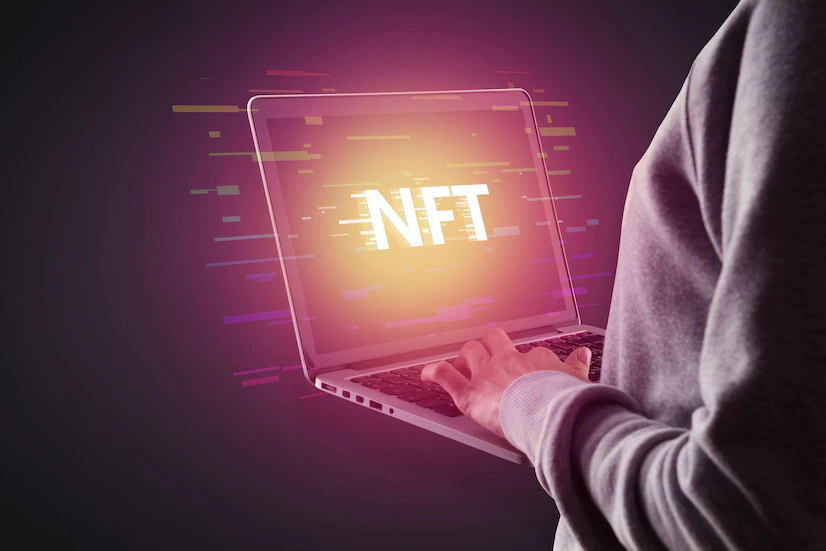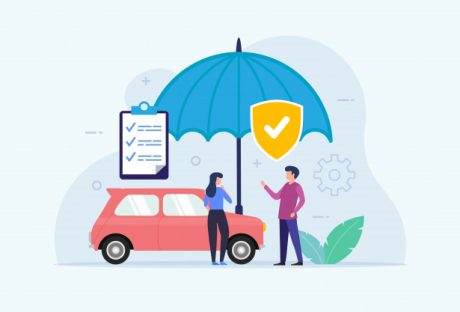When NFTs first entered the scene in 2015, the only foreseeable application was proving the sale of digital media. However, blockchain tech has evolved and developers have harnessed the tech behind NFTs and turned it into a valuable asset – continue reading to find out more.
Gaming Industry

Blockchain has entered the gaming industry using NFTs, which are sold as in-game assets to prove ownership. The decentralized gaming industry is exploding at the moment, with Metaverses and P2E projects coming to fruition by the month.
The most popular NFT games right now are:
- Axie Infinity
- Tamadoge
- Decentraland
When players play an NFT game, they earn money for progression. In some cases, the characters evolve the NFT changes, which makes it more valuable. At any time, in-game NFTs can be sold in open markets like okx.com.
Real Estate
Making a sale in real estate typically involves mountains of paperwork and third parties, which slows down the progress and applications. Fortunately, thanks to smart contracts (responsible for NFTs), properties can be minted digitally and added to a real estate market, where assets can easily be sold and traded.
Digitizing property portfolios improves liquidity and opens up the market overseas. Because of the smart contract, payments can’t be released until all criteria are met, which eliminates the need for middlemen.
Product Authentication

When you’re buying rare or valuable products, it’s important to know that what you’re buying is authentic. Luckily, thanks to the power of blockchain technology, the entire history of a product can be tracked using an NFT.
As well as verifying expensive and rare items, NFT tech can be used to track items across the supply chain, which helps businesses guarantee the product they’re taking in is legitimate.
If you want to look at real-world uses for product authentication, you only need to look at the food and medication industries. Counterfeit food and medication is an enormous problem that costs companies billions.
Thanks to NFT tech, products can be loaded with a QR code that can be scanned at each point in the supply chain. Each of these changes is recorded on a blockchain ledger, making it impossible for edits to be made.
Academic Credentials
When applying for jobs, employers must go through lengthy processes to verify candidates’ previous achievements and work ethic. However, thanks to the power of NFTs, academic achievements can be recorded onto a blockchain.
Everything from qualifications to attendance can be recorded in a blockchain record of achievement, which can never be changed. In the future, the chances are that paper-based certificates will be a thing of the past.
Patents And IP

We’ve already well-established that NFTs allow proof of ownership over digital or physical assets. Naturally, this technology lends itself perfectly to securing patents and IP (intellectual property). If NFTs are used when a patent is secured, there are zero opportunities for disputes in the future.
There’s much more to NFTs than art sales. The smart contract technology, responsible for NFTs, means that anything that can be logged and needs to be proven will likely benefit from NFT tech.
Read Also:






















